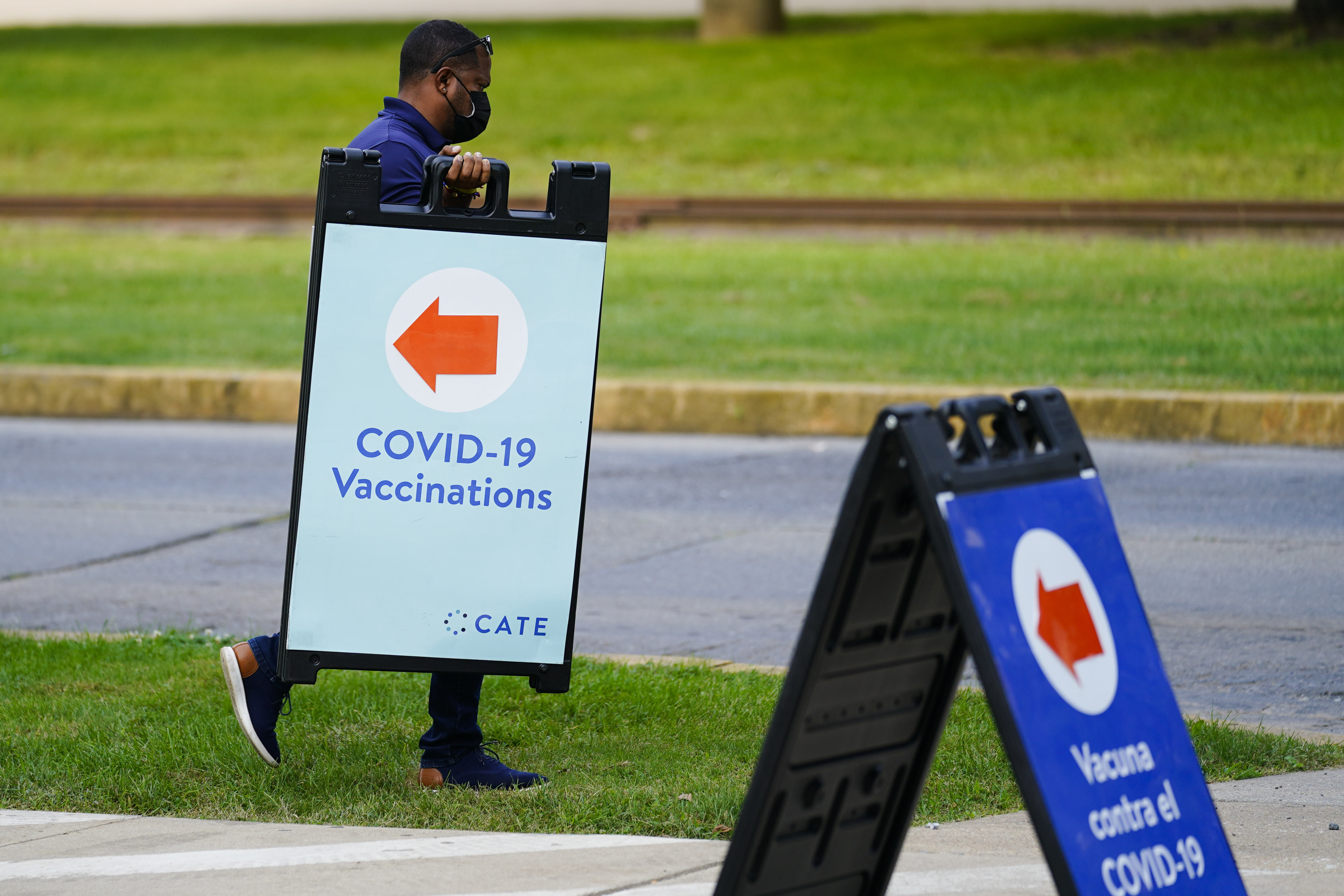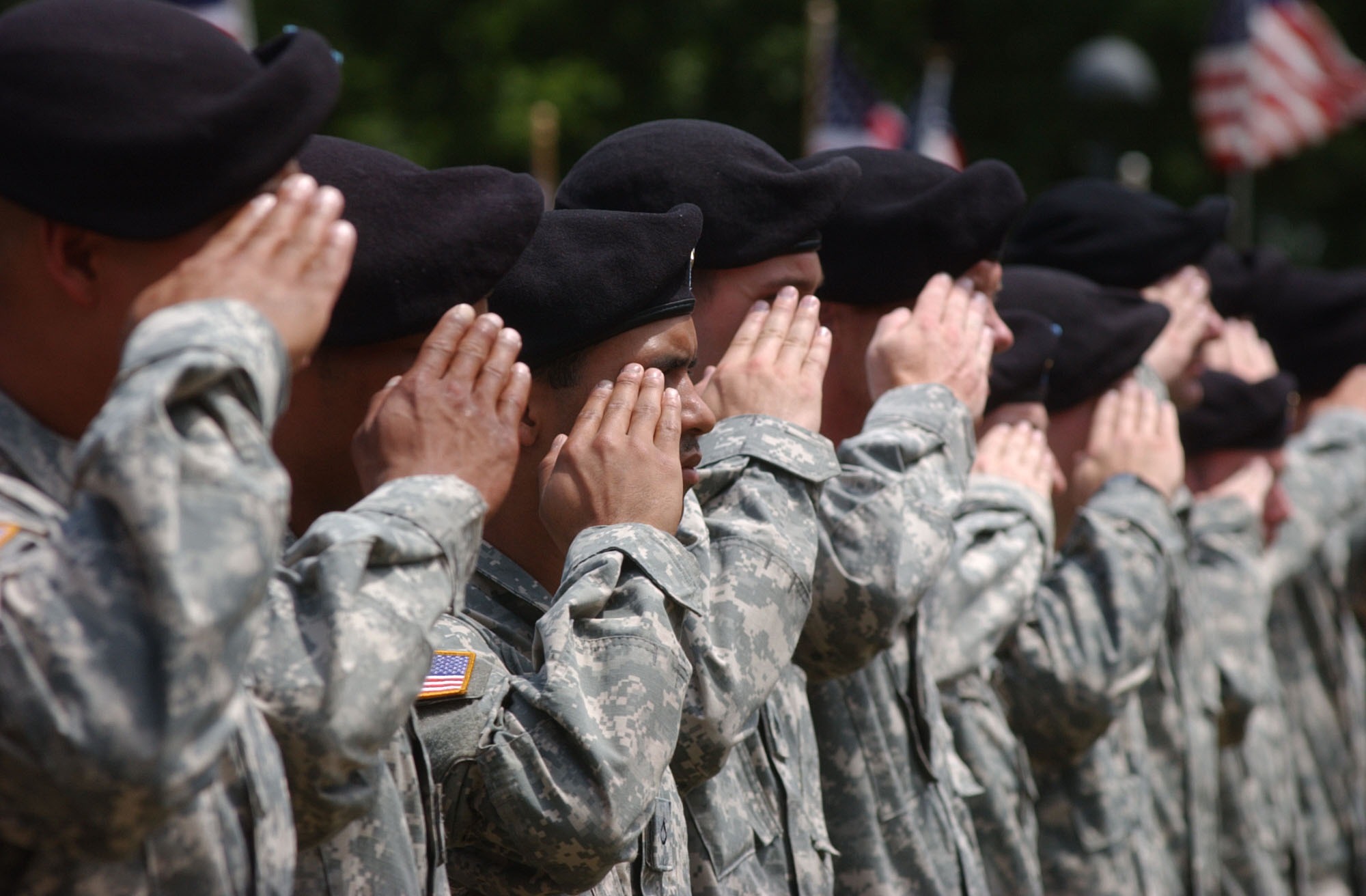Now that the White House has told governors to start preparing to vaccinate children between 5 and 11 by early November in anticipation of the FDA clearing Pfizer's COVID vaccine for that age group, the question remains -- what will the vaccine rollout for young children look like in Massachusetts?
Pfizer and BioNTech said earlier this month that they had submitted an emergency request for authorization for those ages 5 to 11, and an FDA advisory committee plans to meet to discuss the request on Oct. 26. The vaccine doses for the youngest age group won’t be interchangeable with those used in adults because it has a different dosage and dilution requirement.
In anticipation of the FDA green light, the administration has begun planning for the vaccination effort with states, pharmacies and medical groups. The administration told providers in a planning document last week that the vaccine for children will be delivered to thousands of sites within a week of FDA authorization.
Get New England news, weather forecasts and entertainment stories to your inbox. Sign up for NECN newsletters.
When will the vaccine be available to younger children in Massachusetts?
That's still not known, and won't be until the FDA approves the vaccines for children ages 5 to 11.
But in preparation for an eventual federal approval to vaccinate younger children against COVID-19, the Baker administration recently reached out to local boards of health, primary care practices and other health care providers to gauge their capacity to provide the shots and to sound out any worries.
Health and Human Services Secretary Marylou Sudders said the administration sent a "very brief, check-the-box kind of a survey" to people and groups that figure to be central to the next phase of the state's vaccine rollout on Sept. 30.
"We are actively preparing for the authorization of 5- to 11-year-olds and all of your local boards of health got a very brief survey... We're surveying everyone across the health care providers space on capacity or worries about vaccinations for 5- to 11-year-olds and there's a lot of informal conversations," Sudders told the municipal officials on the Local Government Advisory Commission on Oct. 1.
She added, "The good news is we're building on the platform that we put in place for the 12-plus-year-olds in the springtime."
The secretary said she expects that parents of kids between 5 and 11 years old will "want to reach out to their trusted sources," specifically their child's pediatrician or primary care doctor. There are 1,452 primary care practices in Massachusetts, Sudders said, and 845 are enrolled with the state as COVID-19 vaccine providers.
"So that's a good place to build from," she said. "And we have a lot of communications going out in combination with the American Academy of Pediatrics and the Mass. Medical Society, and we're leaning in hard on Boston Children's Hospital to also do a fair amount of messaging."
Why is it important that younger kids get vaccinated?
"I think childhood vaccination is extraordinarily important," Dr. Daniel Kuritzkes, chief of Brigham and Women’s Hospital's infectious diseases division, told NBC10 Boston during a recent "COVID Q&A" discussion. "We know that for influenza the move to expand the vaccine down to six months of age was prompted by the fact that so much flu transmission occurs when children bring flu into the home. I think it's going to be important to get children protected against COVID-19, particularly so we don't see transmission in schools and kids can go about their lives in an ordinary way just like all of the rest of us want to."
"The delta variant has been of concern for many different age groups, including children," Boston Medical Center's Dr. Davidson Hamer said. "Children are not getting sick as much as adults, but they can end up shedding a lot of virus. And some are getting ill, especially if there's underlying disease. I think there's many reasons to protect children."



